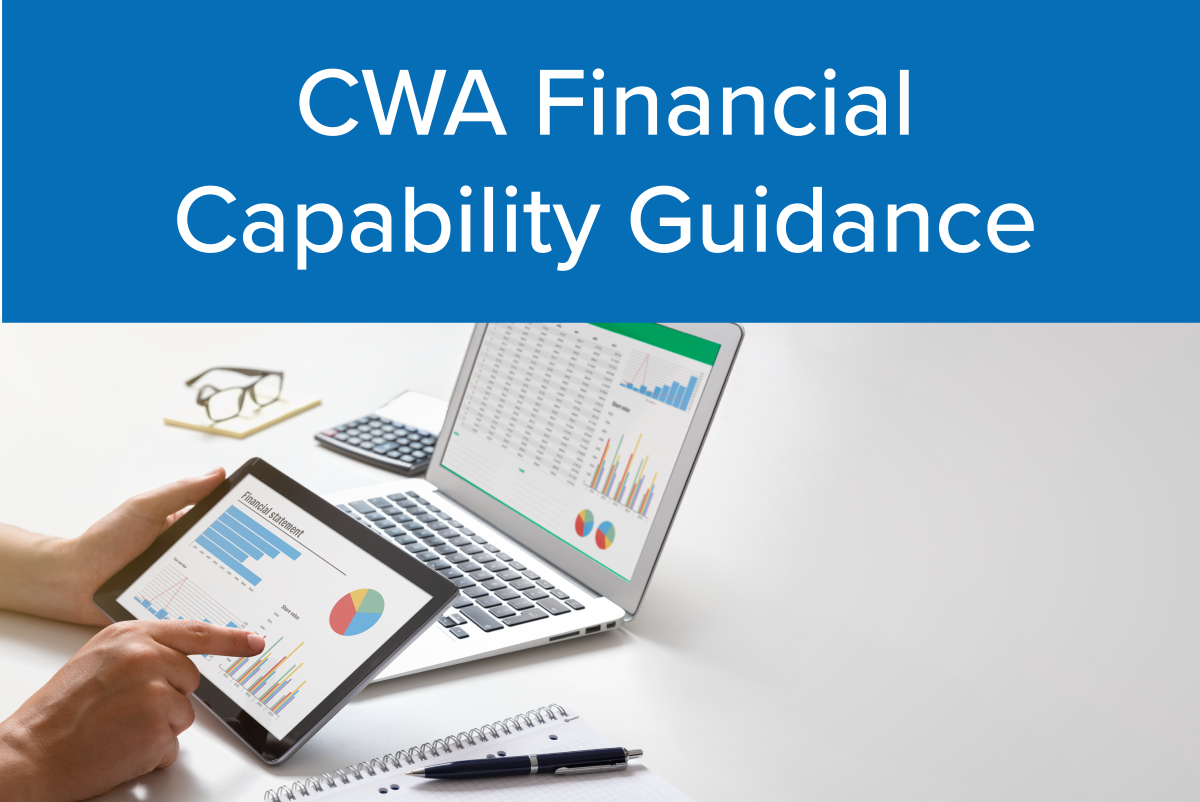The U.S. Environmental Protection Agency (USEPA) recently announced updated Clean Water Act (CWA) Financial Capability Assessment (FCA) Guidance to help communities ensure public health protections and financial feasibility as they make plans to comply with the CWA. The Guidance outlines strategies for communities to follow to support affordable rates while planning investments in water infrastructure essential to protecting the nation’s waters.
When discharges from a municipal wastewater treatment facility violate the CWA, USEPA sets a schedule for the municipality to implement control measures to address the discharges as soon as possible. When negotiating CWA compliance schedules, USEPA considers public health, environmental protection, and a community’s financial capability. The FCA Guidance outlines the financial information and formulas used to assess a community’s financial ability to make the needed water infrastructure investments essential for CWA implementation. The FCA Guidance is also used to evaluate the economic impacts on public entities of certain water quality standards decisions.
USEPA says the FCA Guidance provides a clear process to demonstrate financial capability and ensure that a financial strategy is in place to support needed infrastructure upgrades without overburdening their most vulnerable ratepayers. The updated Guidance also contains new measures that provide a better description of a community’s ability to afford water services, including community-specific poverty factors that are available and easy to find from census data. The FCA Guidance incorporates feedback from nearly 3,000 comments received during the public comment period and provides clear, step-by-step instructions for evaluating financial capability, including options for communities with less capacity.
The FCA Guidance recognizes that a variety of factors should be included in CWA schedule negotiations and encourages communities to bring respective individual circumstances to those discussions. If a community has additional information that justifies a longer schedule than the general schedule benchmarks, this information can be submitted to USEPA. Where appropriate, the provided information can result in different schedules than those suggested by the baseline analysis in the FCA Guidance.
The updated FCA Guidance offers ideas for working within legal boundaries and broadly considers how to minimize rate impacts to residents. For example, the FCA Guidance provides links to resources for obtaining available Federal funding or for establishing programs to help low-income customers. In addition, USEPA’s Water Finance Center connects communities to technical assistance providers who can help with rate design and analysis, asset management planning, identifying sources of funding, and/or developing State Revolving Fund applications.

